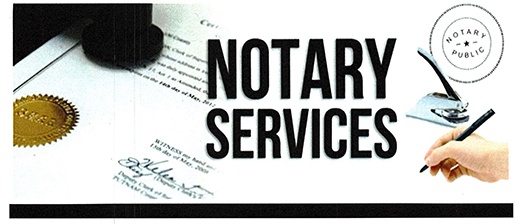
What Is a Notary Public?
A Notary Public is an official of integrity appointed by state government - typically by the secretary of state - serve the public as an impartial witness in performing a variety of official fraud-deterrent acts related to the signing of important documents. These official acts are called notarizations, or notarial acts. Notaries are publicly commissioned as "ministerial" officials, meaning that they are expected to follow written rules without the exercise of significant personal discretion, as would otherwise be the case with a "judicial" official.
What Does A Notary Do?
A Notary's duty is to screen the signers of important documents for their identity, their willingness to sign without duress or intimidation, and their awareness of the contents of the document or transaction. Some notarizations also require the Notary to put the signer under an oath, declaring under penalty of perjury that the in-formation contained in a document is true and correct. Property deeds, wills and powers of attorney are examples of documents that commonly require a Notary.
As official representatives of the state, Notaries Public certify the proper execution of many of the life-changing documents of private citizens - whether those diverse transactions convey real estate. grant powers of attorney, establish a prenuptial agreement, or perform the multitude of other activities that enable our civil society to function.
-
How Does A Notary Identify A Signer?
Generally, a Notary will ask to see a current ID that has a photo, physical description, and signature.
-
Acceptable Forms of Identification for Notary Services:
State-issued driver's license
State-issued identification card
U.S. passport issued by the U.S. Department of State
U.S. military ID
State, county, and local government IDs
Permanent resident card, or "green card," issued by the U.S. Citizenship and Immigration Services*
Foreign passport*
Driver's license officially issued in Mexico or Canada*
An inmate identification card issued by the California Department of Corrections and Rehabilitation, if the inmate is in custody in California state prison ID that contains: a photograph, description. of the person, signature of the person, and an identifying number:
In California, any signer ID must either be current, or, if expired, must have been issued within the past five years. An expired ID that was issued more than five years prior to the date the notarization takes place may not be accepted. This requirement applies to signer ID presented for both acknowledgments and jurats
-
Notary Fees: $15 per signature
*Travel and After-Hours Fees May Apply*
Services Include:
-

Notary Services






